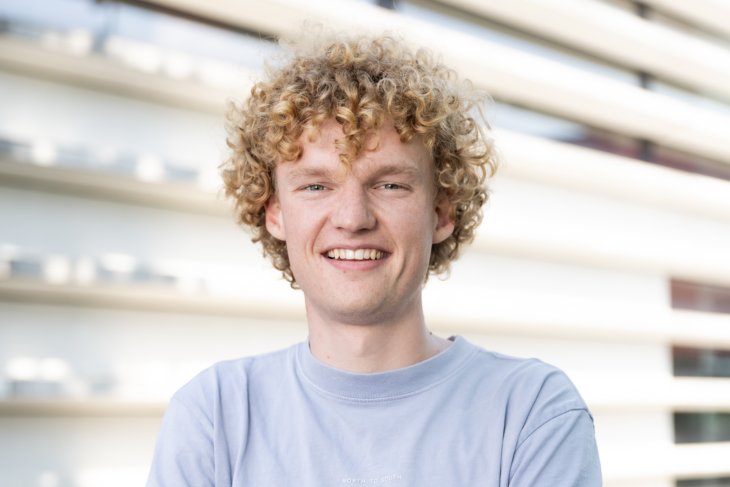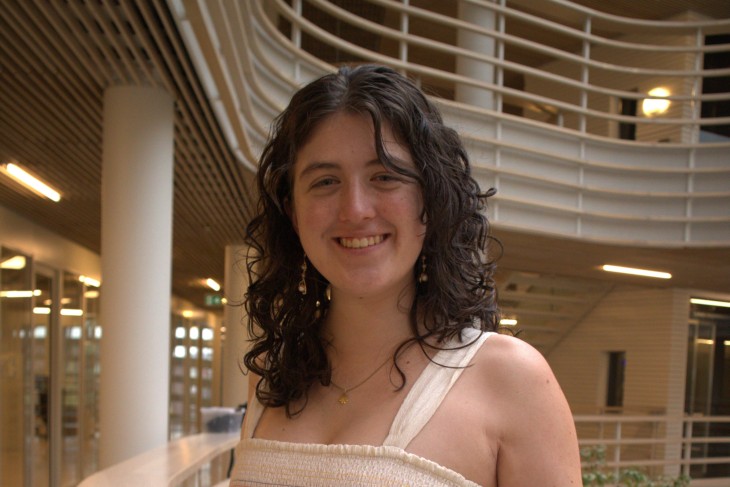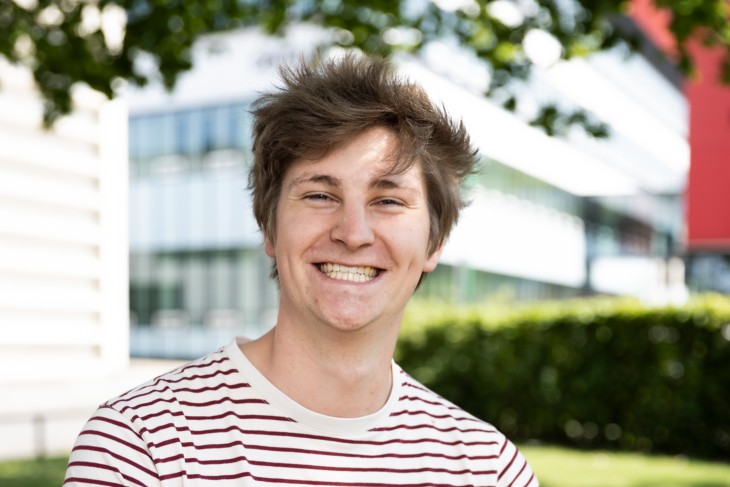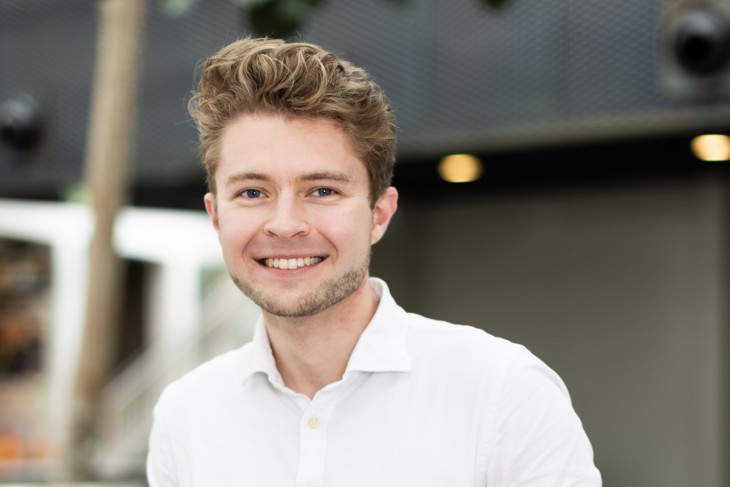“The focus on the entire product development cycle made me choose the Master’s in Industrial Design Engineering after completing my Bachelor’s in Industrial Design Engineering. The programme integrates product design with analysing materials, manufacturing processes, and mechanical properties to ensure products are produced efficiently and meet quality standards. It even covers marketing and branding, so you learn how to make products that function properly, meet market demand, and deliver and distribute them to consumers.
Connecting the technical and marketing worlds
You can choose from three specialisations to focus on a specific aspect of industrial design engineering, from the technical aspects of emerging technologies to users' psychology.
I chose to specialise in Management of Product Development as I wanted to combine technical expertise with marketing knowledge. A recurrent problem at companies is that marketing departments don’t know what is happening on the shop floor and vice versa, leading to miscommunication and wasted resources. For example, a marketing team might spend a lot of time on a new product concept while the technical development team might conclude it isn’t possible to make. With my knowledge, I can help identify which concept is executable and prevent time and money waste.
Hands-on projects
The practical projects have been one of the most fulfilling parts of the programme because I apply what I’ve learned and see the tangible impact of my work. In one project, fellow students and I worked with a local company on redesigning their product packaging to comply with new EU regulations, which require single-piece plastic designs. Their existing packaging used multiple pieces of plastic, and we developed a new design that used only one piece. It was awesome to gain experience working with a company on such a project.
The courses related to brand management and packaging were another highlight for me. You learn to integrate visual aesthetics with practical engineering solutions. Think about developing new packaging for food products. It is challenging; it requires engineering to find the optimal balance between protecting the food and using sustainable materials. So, how can you design products that are not only functional and eco-friendly but also visually appealing and marketable?
I remember a particularly challenging project where I had to conduct a product life cycle analysis. You build theoretical models to analyse the environmental impact of a product from creation to disposal. It involved a lot of maths, and it helped us estimate the total environmental footprint of a product throughout its entire life cycle.
Aspirations
The programme gives you the freedom to explore your passions by taking elective courses in various subjects. As I am interested in communication science and marketing, I chose advertising courses, which deepened my understanding of consumer behaviour.
Effectively communicating product ideas and influencing consumer behaviour are necessary skills for an industrial design professional. For my master’s thesis, I hope to work on a project where I can create a brand image for a start-up company.
Future plans
I've started a video production company and will focus on growing it. While it isn’t directly related to what I'm studying, I can apply what I've learned to my work: for example, the design thinking skills I've gained help me create more user-centred video content. I feel confident in my knowledge and skills and believe this master’s has prepared me well for a fulfilling career, either as an entrepreneur or an industrial design engineer at a technical company like ASML.”




